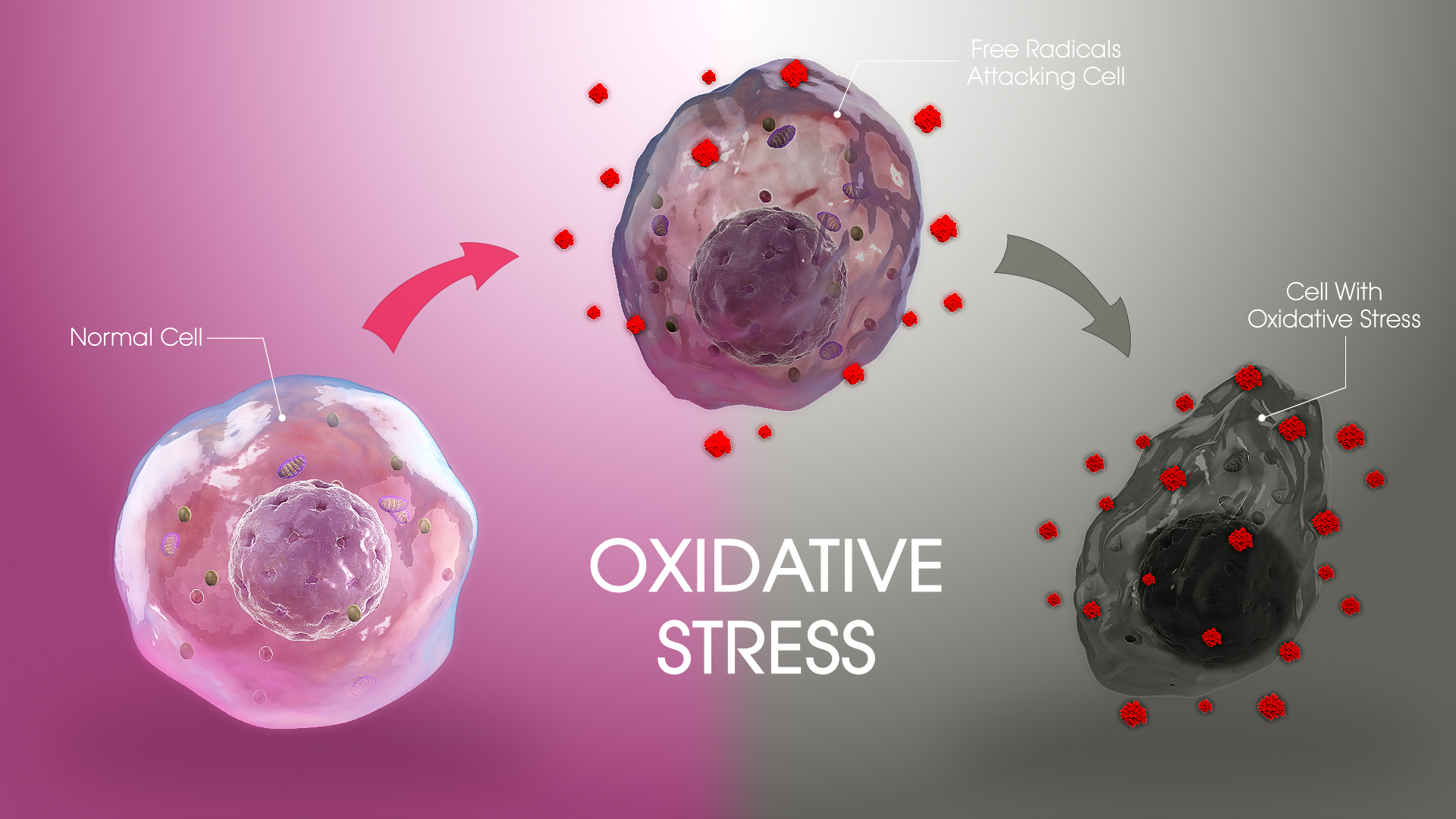Effect of oxidative stress on cell survival and cell cycle progression Biology Diagrams Oxidative stress and cell death. There is a plethora of stimuli that can trigger the generation of reactive oxygen species (ROS), among them irradiation, toxins, and also normal metabolic processes. Cell Cycle. 2008;7(11):1511-1521. doi: 10.4161/cc.7.11.5959. [Google Scholar] 36. Eskelinen E-L. New insights into the mechanisms of

Oxidative stress, cell cycle, and neurodegeneration. Oxidative stress, cell cycle, and neurodegeneration J Clin Invest. 2003 Mar;111(6):785-93. doi: 10.1172/JCI18182. Authors Jeffrey A Klein 1 , Susan L Ackerman. Affiliation 1 The Jackson Laboratory, Bar

Oxidative stress and cell cycle checkpoint function Biology Diagrams
Oxidative stress is a phenomenon caused by an imbalance between production and accumulation of oxygen reactive species (ROS) in cells and tissues and the ability of a biological system to detoxify these reactive products. Prooxidant polyphenols seem to exert their cytotoxic activity by inducing apoptosis and cell cycle arrest via several In response to oxidative stress, cells typically undergo cell cycle arrest and enter the G 0 phase (i.e., a quiescent, non-dividing stage) due to activation of the p53-regulated cyclin-dependent kinase inhibitor p21, which halts cell cycle progression and inhibits DNA synthesis [23,24].

Oxidative stress and cell cycle reentry lead to cell death in the harlequin mouse. An 80% reduction of AIF protein expression in the Hq mutant mouse is associated with increased activity of total glutathione (GSH) and catalase, presumably through increases in hydrogen peroxide (H 2 O 2).Surviving neurons may express additional antioxidant pathways.

ROS and Oxidative Stress Are Elevated in Mitosis during ... Biology Diagrams
This results in oxidative stress that impairs cell viability (L et al., 2023). Oxidative stress, in turn, promotes excessive ROS production, causing severe damage to cellular lipids, proteins, and DNA. ROS participate in the oxidative modification of proteins, such as carbonylation, nitration, and disulfide bond formation. The DNA damage response (DDR) is capable of repairing oxidative stress-induced DNA damage and the integrity of the genome is maintained. B) Cancer cells have an increased amount of ROS, shifting the redox balance of the cell. The increased oxidative stress inflicts damage on the DNA of the cancer cell, contributing to cancer's genomic instability.
